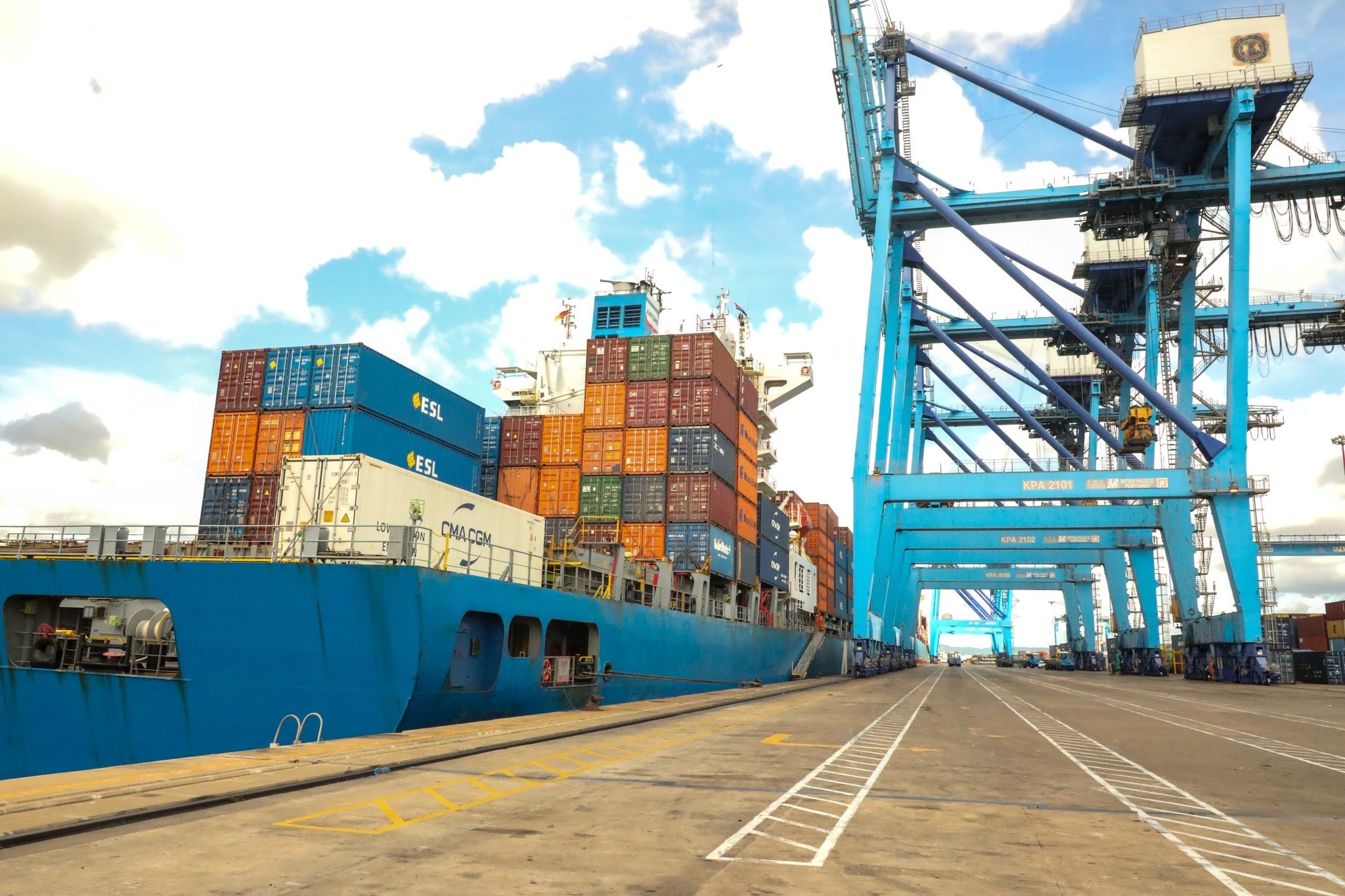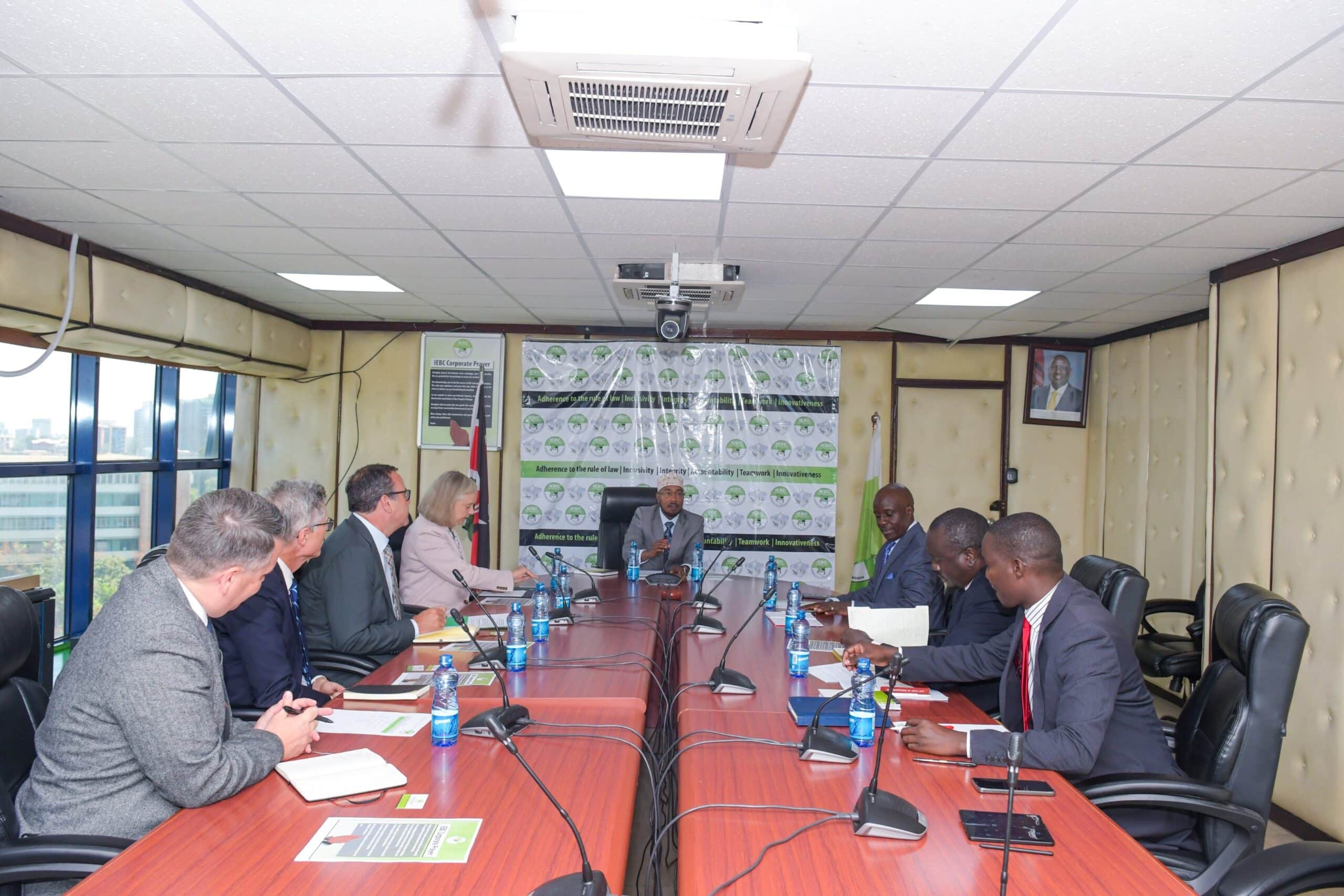Kenya Association of Manufacturers (KAM) has called for the reverse of the rising costs in the Palm Oil Sector. The association appropriates the rise to a 10 percent import duty tax that was introduced on crude oil for one year and gazetted on June 30, 2024, by the East African Community (EAC).
“Earlier today, Kenya Association of Manufacturers (KAM), led by Acting Chief Executive Officer (CEO) Tobias Alando, held a joint meeting with the government officials seeking reversal of the Tax,” KAM noted in a statement.
The government officials present were the Principal Secretary (PS) for the National Treasury Chris Kiptoo and the PS for the State Department for Industry Juma Mukhwana.
The discussion was aimed at reversing the 10 percent import duty on crude palm oil, among other issues critical to ensuring the sector’s competitiveness.

At the same time, KAM was represented by Sid Shah, Vice Chairperson of the KAM Edible Oil Sub-Sector, and representatives from Kapa Oil Refineries as well as Vimal Africa from Bidco group.
The representatives provided detailed and comprehensive analysis of the sector’s challenges.
Moreover, the sector emphasized the issues surrounding rising production costs, market competitiveness, and the broader economic impact of the new import duty on crude palm oil.
Productive discussions were held on strategies and activities to enhance the sector’s competitiveness. Both PSs acknowledged the challenges and reaffirmed their commitment to address them, ensuring the sector remains competitive.
In addition, the Association elaborated in the statement citing that the increase in production costs is expected to negatively affect the competitiveness of Kenyan products.
“For instance, the price of a 20-liter container of edible oil, which previously retailed at Ksh 3,800, has now risen to Ksh 4,200,” the statement further stated.
Additionally, by-products from the crude palm oil refining process, such as soaps and margarine, have also become more expensive due to the introduction of this duty.
Also Read: KEBS Clarifies Reports on Suspending 10 Cooking Oil Brands
Kenya Edible Oils Manufacturing Sector
The edible oils manufacturing sector in Kenya consists of 13 companies with a combined processing capacity of 2.18 million metric tonnes.
The sector serves the East African Community (EAC) and Southern African Development Community (SADC) markets. This sector generates over Ksh 130 billion in revenue and contributes Ksh 52 billion in tax revenue to the Kenyan government.
Additionally, the sector directly employs 10,000 people and supports over 80,000 individuals through its value chain integration.
Annually, Kenya produces 80,000 metric tonnes of edible oil while the national demand exceeds 900,000 metric tonnes. This results in a deficit of 820,000 metric tonnes, primarily addressed through the importation of crude palm oil, which is refined locally.
Also Read: How Govt Blunder Got 32M Litres of Unfit Cooking Oil into Kenyan Market
KAM Petition on Import Duty Tax
The 10 percent import tax has been a concern to the KAM sector for a while now. The sector has filed a petition over the removal of the import duty tax on crude parm oil.
The sector laments that the increase has led to the raise of the commodity thus making life difficult for many Kenyans.
The sector’s spokesperson Billow Kerrow reported that the increase is not acceptable since the industry was never involved but imposed. He also highlighted that prior to the current meeting the association had written to the National Treasury asking that the tax be removed.
Furthermore, he noted that the government needs to give the manufacturers time to plan and not ambush them with punitive and hefty taxes.
Follow our WhatsApp Channel for real-time news updates!
https://whatsapp.com/channel/0029VaB3k54HltYFiQ1f2i2C












































































